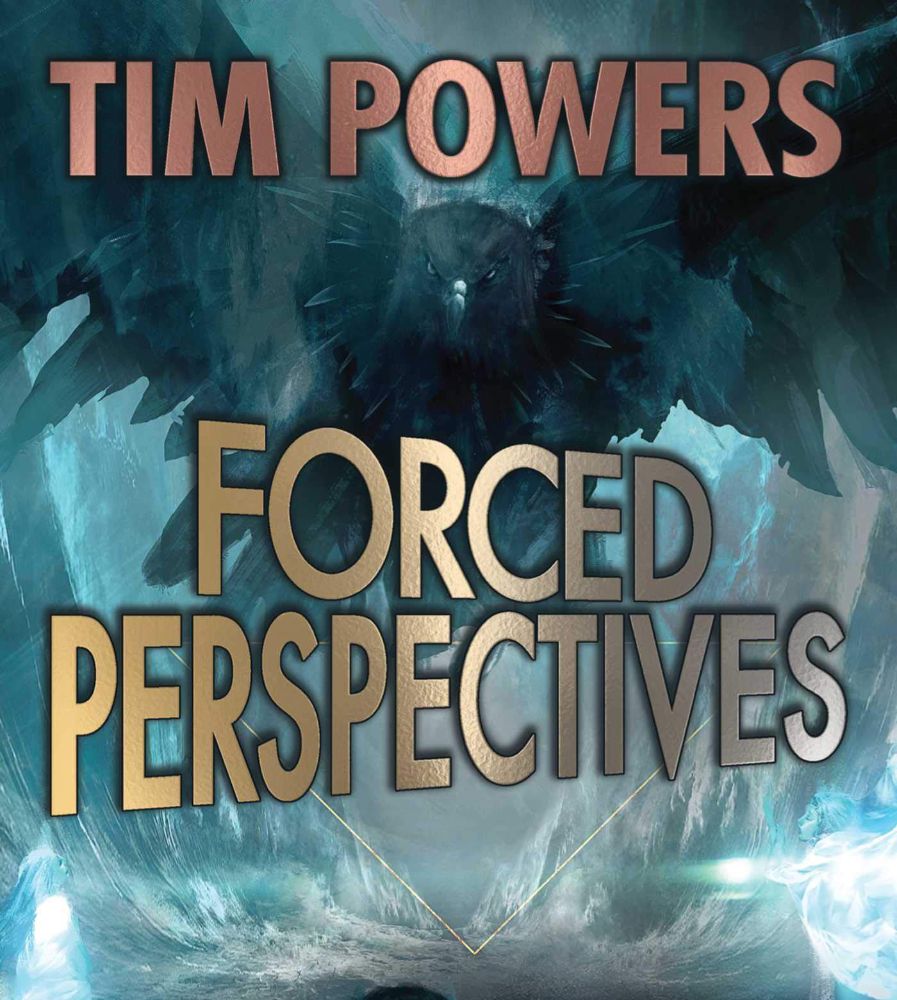(I'd looked at several of Tim Power's books before - incuding the earlier Vickery and Castine story, Alternate Routes).
Since we last saw Vickery and Castine, things had not quite returned to normal. Sure, Ingrid Castine went back to work for the hush-hush transportation agency who's rogue manager had tried to kill her, and Vickery, a former secret service agent, was living a quiet life in a small home near the highway. But both were a bit unmoored from time, able to see things that had recently happened nearby.
What else could one expect of people who had literally gone to hell and back?
Unfortunately, the replays of the recent past were now supplanted by visions of a creepy, dilapidated house, and someone had stolen Vickery's copy of The Secret Garden housing the soul of his unborn daughter that never was. That someone, Harlowe, wants to create a god by subsuming everyone's consciousness into a group mind, an egregore, and is willing to sacrifice anyone to do it - and is still after not only Vickery, but Castine as well. He's chosen the two of them as his ideal "switchboard operators" for the group mind, with his twin, telepathic nieces as a backup.
While this book still deals in spirits, they play less of a part. The majority of the book deals in the creation of this false god, and how Harlowe and his cultists want to bury not only their consiousness but their sins, so they can be forgotten, ofloaded onto the group mind. Also present is a former member trying to save the woman he loves from losing her self, literally, even as he discovers she does not return his feelings. Also working to defeat this egregore is an Egyptian minister from the consulate, who's predecessor had defeated, or delayed, the first attempt.
All of the Powers books I've read so far - Drawing of the Dark, Alternate Routes, and Anubis Gates, fall into the category of "secret history," where the fantastic happens within our own world, but hidden away from or ignored by the mainstream. This one is no exception. His use of language is up to his usual high standards, with one phrase describing a sociopath putting a smile back on after the mask slips still rattling around in my head weeks later. The moral issues are intriguing and well presented, especially how the members of Harlow's cult expect to have their sins and past become irrelevant once they've all become a part of this group mind - in part because they'll have run away from their problems and shunted their failings onto everyone else - versus facing them, making amends as needed, and finding forgiveness. It deals in identity, responsibility, and the self, vs losing your identity.

